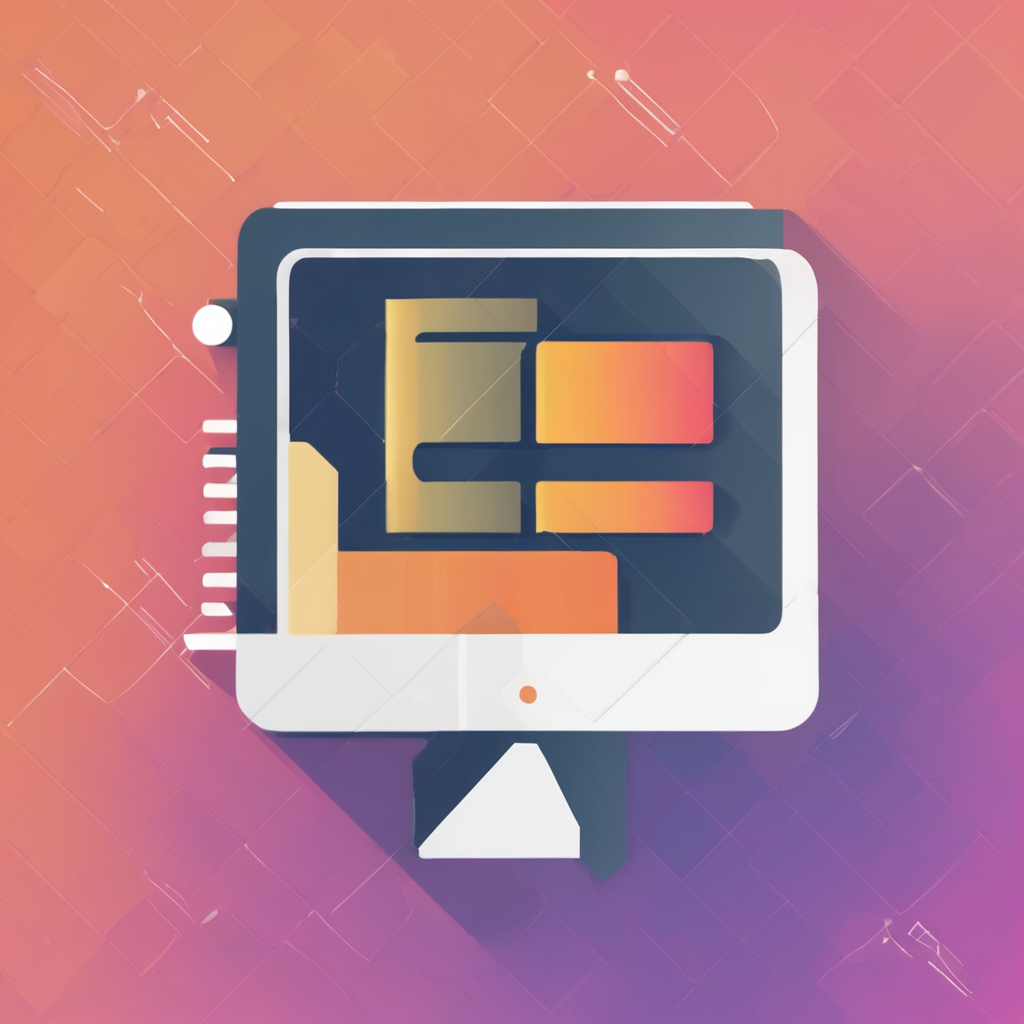High-Tech Innovations Shaping UK Computing
The UK is at the forefront of computing advancements, driven by vibrant high-tech UK startups and robust government support. Key sectors include artificial intelligence (AI), quantum computing, and the Internet of Things (IoT), all contributing significantly to the nation’s technological landscape.
In AI, numerous startups focus on natural language processing and machine learning, leveraging AI to solve complex problems in healthcare, finance, and cybersecurity. Quantum computing research, primarily led by UK universities and collaborative innovation centers, pushes boundaries in processing power and cryptography. IoT innovations emphasize smart cities and connected devices, enhancing urban infrastructure and daily life.
In parallel : How does embedded Software drive innovation in modern electronic devices today?
Government initiatives like the UK’s Digital Strategy boost funding and foster environments where startups and established companies collaborate. Academic institutions partner with businesses and government agencies to accelerate this innovation cycle, translating cutting-edge research into practical applications.
This ecosystem’s strength lies in its interconnectedness, as cross-sector collaboration ensures the UK remains a global leader in UK technology innovations. Engaging with these developments offers exciting opportunities for industries eager to adopt next-generation technologies.
In parallel : How is the UK advancing in the field of virtual and augmented reality?
Artificial Intelligence Enhancing Daily Computer Use
Artificial Intelligence (AI) in the UK is transforming how individuals and businesses interact with technology. UK AI startups lead the way in developing smart computing solutions that boost productivity and streamline daily tasks. For example, AI-powered virtual assistants help manage schedules and emails more efficiently, while intelligent data analysis tools automate complex business processes.
AI in personal computing enhances user experience through adaptive software that learns preferences and simplifies interactions. In the business realm, UK AI startups are innovating automation tools that reduce manual workloads and increase accuracy. These advancements demonstrate the practical benefits of AI integration, from faster decision-making to cost savings.
Experts emphasize AI’s evolving role as both a collaborator and enhancer within computing environments. Rather than replacing human input, AI in UK computing augments capabilities by providing real-time insights and personalized assistance. These smart computing solutions reflect a broader trend where AI accelerates transformation across industries, empowering users to achieve more with less effort.
Quantum Computing and Its Potential in Everyday Tech
Exploring next-gen technologies shaping tomorrow
Quantum computing UK is rapidly advancing as a transformative force in the landscape of future computing trends. Unlike classical computers, quantum computers use quantum bits, or qubits, which can represent both 0 and 1 simultaneously. This property allows them to solve complex problems much faster than traditional machines, making quantum computing a major focus for innovation.
In the UK, concerted efforts by research hubs like those in Cambridge and Oxford are positioning the nation as a leader in practical quantum solutions. These centers are pioneering work in areas such as cybersecurity, where quantum encryption could make data interception virtually impossible. Additionally, quantum computing’s potential for accelerated data processing opens new frontiers in financial modelling and climate simulations.
Addressing the wide range of applications, quantum computers hold promise not only for problem-solving but also for enhancing everyday tech efficiency. By understanding and embracing quantum advances, businesses and consumers alike can prepare for the technologies that will define the next era of digital innovation. The UK’s commitment to next-gen technologies ensures it remains at the forefront of this evolving landscape.
IoT Expansion: Connecting Homes and Workspaces
Advances shaping a smarter UK
The rise of UK IoT innovations is transforming both residences and offices into seamless environments powered by smart technology. Connected devices UK wide now enable users to automate routine tasks, enhancing daily convenience and energy efficiency. For example, smart thermostats in homes adjust temperatures based on occupancy, reducing waste while maintaining comfort. Similarly, in workplaces, IoT sensors monitor equipment performance, enabling predictive maintenance that minimizes downtime and cuts costs.
UK smart home technologies have expanded beyond basic automation to include voice-controlled lighting and security systems, increasing accessibility for users with disabilities or mobility challenges. The integration of connected devices UK fosters a collaborative ecosystem where multiple gadgets communicate, creating responsive spaces tailored to individual needs.
The growth of UK IoT innovations is supported by robust networking frameworks and increased consumer adoption, driving innovation in sectors from healthcare to manufacturing. This momentum reinforces the United Kingdom’s leadership in IoT adoption, resulting in smarter, safer, and more efficient homes and workspaces. Exploring these technologies encourages informed decisions about enhancing everyday environments with smart homes and connected systems.
Security and Privacy Innovations in UK Computing
The cybersecurity UK sector is advancing rapidly, focusing heavily on secure computing solutions that safeguard data without compromising performance. Innovations in privacy technology UK include enhanced encryption methods such as quantum-resistant algorithms, which protect sensitive information from emerging threats. Authentication has evolved beyond passwords, incorporating biometric systems and multi-factor authentication to strengthen access control.
The UK government and top cybersecurity firms are pivotal in shaping robust policies and technologies. Initiatives mandate stricter data protection protocols and support the development of secure cloud services that ensure data integrity and confidentiality. These policies encourage businesses to adopt cutting-edge encryption and authentication, minimizing breach risks.
These innovations address everyday privacy needs by safeguarding online transactions, personal communications, and stored data from cyberattacks. Users benefit from tools that automatically encrypt data and detect unauthorized access attempts, making private information more secure in routine digital interactions. Overall, the synergy between cybersecurity UK advancements and national policies delivers tangible protection, empowering individuals and organizations to use technology confidently.
Making Computing More Accessible and Efficient
When discussing accessible technology UK, it is essential to consider initiatives aimed at enhancing digital inclusion. Many UK programs focus on providing affordable devices and tailored software to individuals with disabilities or limited access to technology. For example, these initiatives often offer training sessions that increase digital literacy, ensuring users can take full advantage of computing tools.
Efficiency in computing in the UK has been significantly boosted through innovations that benefit all users. High-tech developments, including optimized algorithms and energy-efficient processors, have reduced processing times and enhanced system responsiveness. This focus on computing efficiency not only speeds up everyday tasks but also lowers energy consumption, making technology more sustainable.
Bridging the digital divide in the UK goes beyond hardware and software; it involves creating user-friendly interfaces and support systems that accommodate diverse needs. By prioritizing digital inclusion, the UK fosters an environment where technology benefits everyone. These efforts are crucial for transforming computing into an accessible resource that empowers all citizens, regardless of their prior experience or physical limitations.
Future Trends: What’s Next for UK Computing Technology
Exploring future technology UK, we see promising upcoming innovations driven by vibrant tech hubs in London, Cambridge, and Edinburgh. These centers of excellence focus on advanced AI integration, quantum computing, and cybersecurity solutions. The tech sector forecasts predict a surge in hybrid cloud applications and edge computing, transforming how businesses manage data securely and efficiently.
Over the next decade, computing in the UK is expected to become more personalized and intelligent. Devices will leverage machine learning to adapt dynamically to user needs, reshaping daily interactions with technology. Smart assistants and autonomous systems will become ubiquitous, enhancing work productivity and home automation.
On the global stage, the UK’s commitment to research investment and collaboration positions it as a key player in shaping computing innovation worldwide. Initiatives supporting startups and academia foster a competitive ecosystem, attracting talent and capital internationally.
Understanding these future technology UK initiatives is crucial for anyone interested in the evolution of computing. Keeping up with upcoming innovations helps businesses and individuals prepare for the transformative impact these technologies will have on the UK’s digital landscape.


